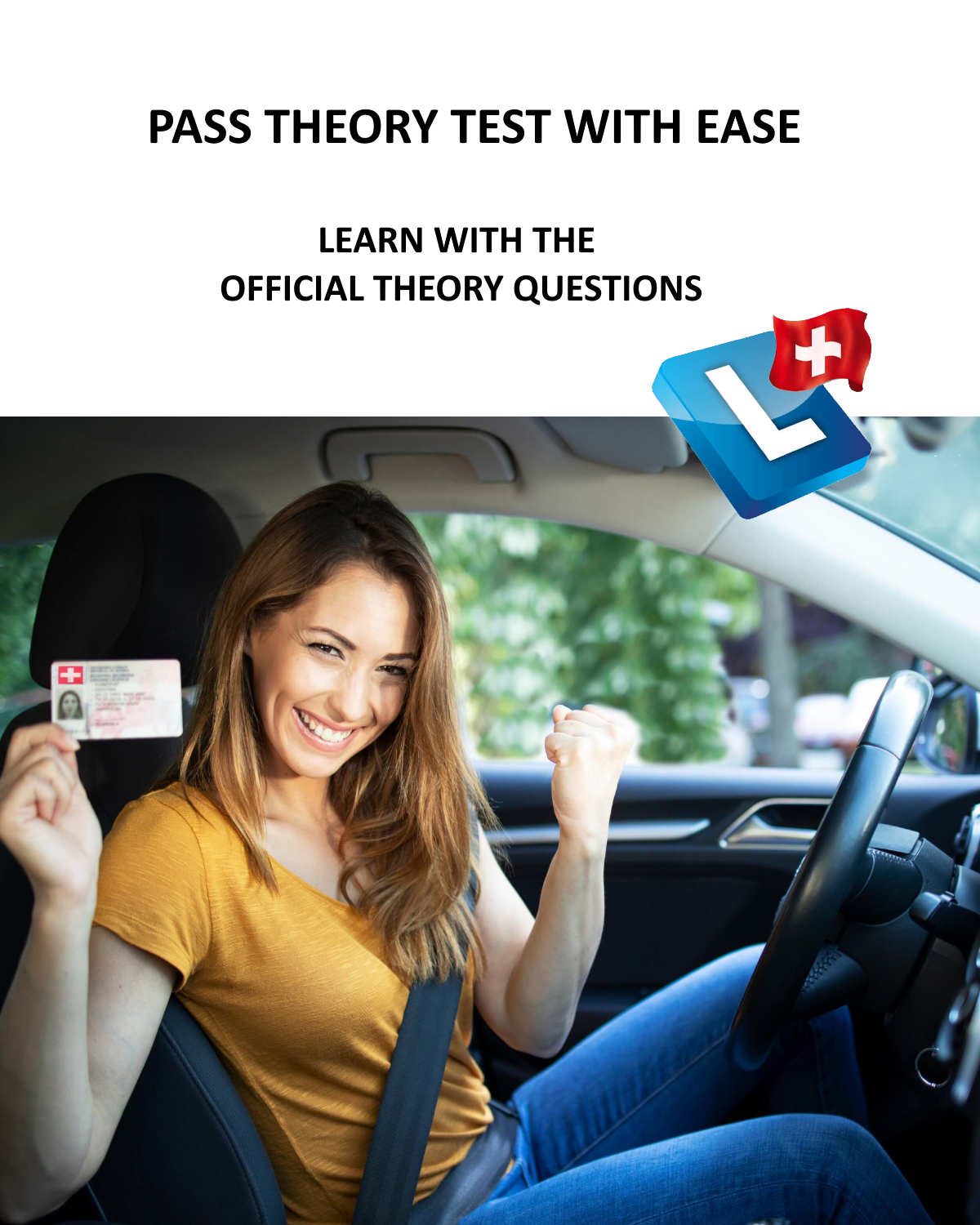Avoiding nuisance
The driver must refrain from causing any avoidable nuisance to road users and residents, in particular through noise, dust, smoke and odor, and avoid frightening animals as far as possible.
Drivers, passengers and assistants must not make any avoidable noise, especially in residential and recreational areas and at night. Prohibited are in particular:
continuous, improper use of the starter motor and unnecessary preheating and running of the engine of stationary vehicles; high engine speeds when idling, when driving in low gears; accelerating the vehicle too quickly, especially when starting; continued unnecessary driving around in built-up areas; driving too fast, especially with metal-tired vehicles, when carrying unsecured loads and trailers, when negotiating curves and inclines; careless loading and unloading of vehicles, as well as carrying cans and similar noisy loads without securing or intermediate supports;
slamming of car doors, hoods, luggage compartment lids and the like; disturbances caused by radios and other sound reproduction devices installed or carried in the vehicle.
If the police finds vehicles in traffic that are not licensed, or whose condition or load endangers traffic, or which produce avoidable noise, they shall prevent them from continuing their journey. It may take away the vehicle registration document and, if necessary, seize the vehicle.
Motor vehicles must be maintained and used in such a way that they do not produce any avoidable smoke.
The engine must be switched off even during short stops, if this does not delay the departure.
On dusty, dirty or wet roads, especially when snow is melting, the driver must drive in such a way that road users and residents are not inconvenienced.
The “Hospital” signal indicates that there is a hospital, nursing home or similar institution in the vicinity. The driver must drive with particular consideration



